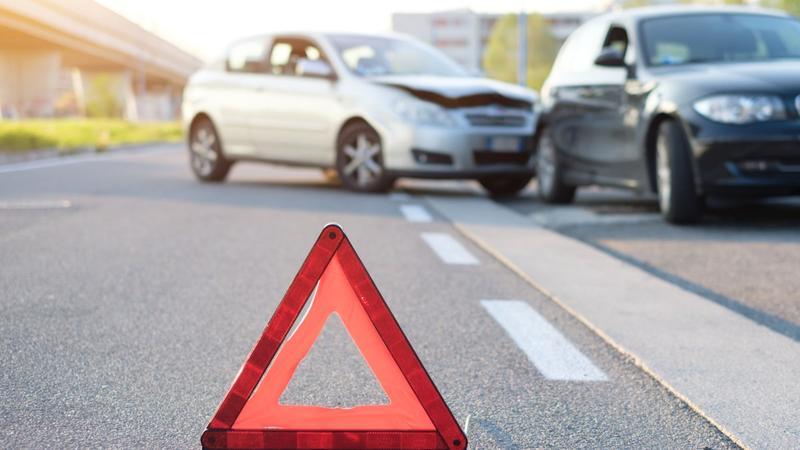You've been in a collision, now what? You may still be recovering from the shock of the crash. But it can help to understand how your insurer will deal with your claim. Here's an overview of what to expect, in the days and weeks following the event.
1. You File an Insurance Claim
At the scene of the accident, you may have already gathered names of witnesses, taken photos, and jotted down notes. You may also have talked about what happened to police. Yet, you still must contact your insurance company. The accident report should include all of those details, including number of vehicles and people involved, as well as the insurance info of the other drivers.
There is often a deadline for doing this. In Ontario, you have to report within seven days. However, it's a good idea to contact the company as soon as possible to get the claims process started.
2. A Claims Adjuster Will Contact You
After you file the initial claim, an adjuster should get in touch with you to follow up. They may ask you to provide more information or fill out more forms. The adjuster's job is to give you the details of the claims process. They should also let you know what's covered and for how much.
The insurer may ask you to go to a specific site, such as a repairs centre that they consider a preferred vendor, to get your car fixed. They may also ask you to meet in-person with a claims advisor.
According to the standard Ontario Driver's Policy, the insurer has seven days after the receipt of proof of loss -- that's your claim -- to give notice of its intent to repair the vehicle. Then, it must do so within a reasonable period of time.
Of course, you may also be hurt because of the crash. The standard policy states that the insurer must send you an application for Accident Benefits. You have 30 days to send it back to the insurer. The company then has 10 business days upon receiving your completed application to pay out certain benefits, like Income Replacement.
3. The Insurance Company Will Determine Fault
From the information that they receive, the insurer will decide how to apportion fault for the accident. Note that this stage may vary depending on your province. Both Alberta and Ontario have systems that include determining fault. Even if someone is charged with an offence, they are not necessarily at fault for the crash. The insurance company makes this determination separately. In Ontario, the insurer is required to apply specific fault determination rules.
4. You Have the Opportunity to Dispute the Fault Determination
It may be that you disagree with the insurance company's assessment. In Ontario, you can ask the adjuster what rule they applied to your file. If you still don't agree, you can discuss the situation with the insurance company's complaint officer. Each insurance company is required to have a specific complaint resolution process.
5. The Insurance Company Will Repair or Write-Off the Vehicle
In the case of serious damage to your car, the insurer decides what to do. If it's cheaper to write off the vehicle than it is to fix, they will pay out the actual cash value of the car. Otherwise, they should pay for repairs.
6. You Should Receive Compensation According to Your Policy
At the end of the claims process, you should receive appropriate compensation. This includes things like vehicle damage and personal injury. How much you receive depends on the amount of your deductible, and the details of your coverage. It may make a difference depending on whether you have a standard policy or whether you pay for optional coverage.
According to the Ontario Driver's Policy, if the insurer has not given notice to repair the damage, it has 60 days to pay out the claim. If a dispute has triggered an appraisal, then the insurer has 15 days after receiving the appraiser's report.
7. When to Report an Accident to Police
It is mandatory for Ontario drivers involved in an accident resulting in injury, and/or causing combined damages exceeding $2,000 to report the collision to the police or a collision reporting centre within 24 hours. Failing to do so can result in you being charged with leaving the scene of an accident, a violation under the Highway Traffic Act. Filing a police report, either through the police or at a nearby Collision Reporting Centre, established a record of the accident, which can protect you in the insurance claims process.
Discover More Car Insurance Options
Everyone wants to stay safe on the road. To learn how you can ensure you have the best coverage, check out the latest auto insurance quotes on InsuranceHotline.com. That way you have greater peace of mind in the event of a collision.
